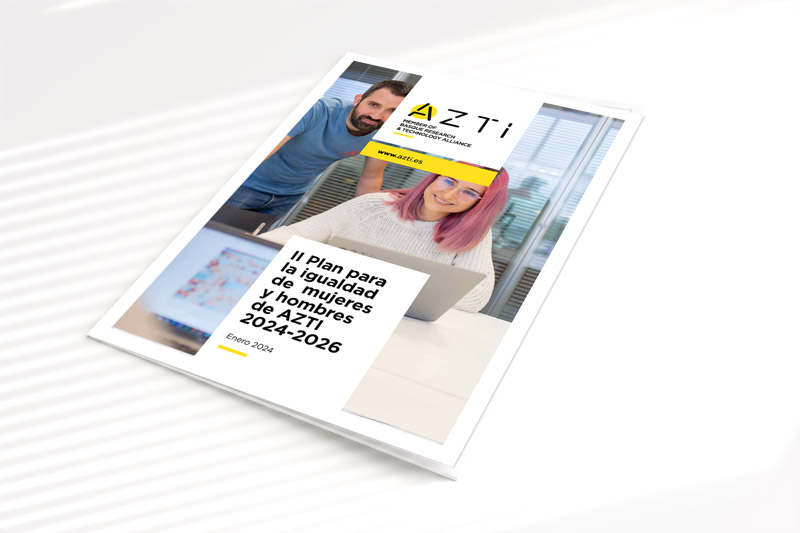AZTI is unequivocally committed to the United Nations challenge of achieving gender equality and empowering all girls and women, driving positive change for the future of people.
We firmly believe that the diversity of our teams, coupled with an inclusive leadership style, helps us to continue to contribute to a healthy, sustainable and inclusive society. That is why managing diversity and inclusion is part of our DNA.
AZTI has a feminised workforce, in which 58% of our team is made up of women: high-level research and scientific staff, with a majority of women PhDs.
Our contribution to SDG 5: Gender equality
- Reconciliation measures: AZTI offers a series of reconciliation measures, benefits and aid with the aim of contributing to building a society based on people’s quality of life, giving priority to the same opportunities for women and men.
- It facilitates the effective use of reduced working hours, paternity leave, maternity leave, co-responsibility for infant care, flexible working hours, leave and time off.
- Facilitates teleworking in specific situations, in order to facilitate work-life balance.
- We promote equal opportunities and, in particular, equal treatment between men and women in terms of access to employment, training and professional promotion and working conditions.
- Recruitment: No pay differentials based on gender, religious or other beliefs in the recruitment of staff.
- Recruitment and selection: it chooses the best professionals by means of a selection based on merit and the abilities of the candidates, by means of procedures that make it possible to identify and evaluate according to the knowledge, attitudes, skills and/or competencies required for the different job positions.
- Training: Ensures the education and training of each professional in the knowledge and skills required for the proper development of their current and future work.
- Rejects any manifestation of harassment -physical, sexual, psychological, moral or other-, abuse of authority at work and any other conduct that generates an intimidating or offensive environment with people’s personal rights.
- Communication: Promote the principle of equal opportunities by developing a culture free of discrimination through different actions for internal and external communication:
- Communicating messages relating to Equality through the Intranet; and using internal means of communication for this purpose.
- Rejection of images with sexist connotations.
- Inclusive use of language and images on the website, intranet, magazines, leaflets, advertisements, etc.


